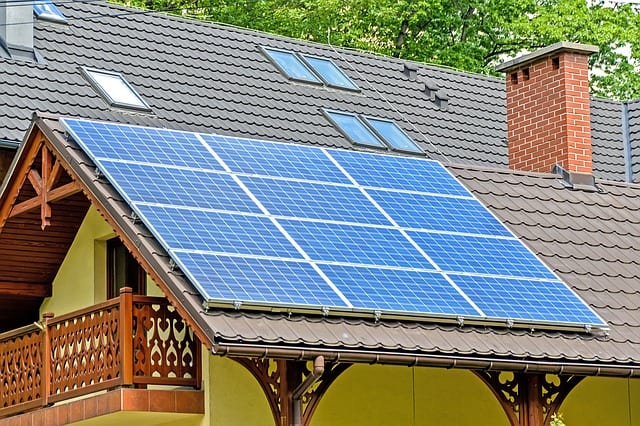Are you looking to live a green lifestyle?
Solar panels are the way for you to go. These devices help you harness the power of the sun to supply your home with sustainable and renewable energy. However, installing a solar system in your home means you need a lot of parts to work together.
A solar inverter is among these parts and is often the most crucial yet overlooked component of a home solar system. It’s what converts the solar waves into useable energy. The wrong kind of inverter can decrease the efficiency and effectiveness of your setup.
To know what to expect from solar inverters, check out what’s below. We’ll teach you how to choose a solar converter that’s right for your system today!
Know the Varying Models
A good starting point in buying a solar inverter is by checking the type and model. Each inverter tends to get classified according to the way they function and the technology used to convert the gathered light in the panels. For a brief moment, we will look at the differences.
First, we will look at the differences by inverter’s power system. These are their types, in brief:
Grid-Tied Inverter
This variant functions in the same way as other inverters would. That is by gathering the electricity from the solar panels.
This turns the sunlight gathered into electricity. Although due to how it integrates to the power grid, this also becomes the source of energy that gets back.
The outcome is that you end up with zero electric bills. The grid-tied solar inverter becomes a source of surplus electricity.
Off-Grid Inverter
This is the type that allows you to disconnect from the main power grid. This stores the electricity from the solar panel. Thus, allowing the home to run independently.
This is the variant popular among people who wish to live off-the-grid. It lets you gain access to electricity while you are in remote locations.
For example, the areas that are on the outskirts. Areas within the wilderness or farmland can also take advantage of this setup.
Hybrid Inverter
This variant is more of a hybrid between a grid-tied and an off-grid inverter. Meeting in-between, it connects to the grid while also using a solar battery to store up electrical charges in it. This way, it ends up working similarly to an on-grid inverter.
When power gets cut due to emergencies, you have a backup power source. This is due to the solar battery that stockpiles the energy from the sun. This allows you to have your lighting and appliances function during crucial moments.
Check the Regulations Behind Solar Energy
Knowing the regulations regarding solar power is another factor to note. For this, consult a governing body to help you out with setting up. In case you have done this beforehand, your solar panel system installer would have a hand in helping you get this part done.
Once you managed to set up the logistics on the matter, you should be all set. They would help you secure the approval. This also includes the building permit to have the whole system installed.
Look at the Inverter Capacity
You also need to look at the inverter capacity and how this ties up to the solar panels that you have. In this case, you need to also calculate how many solar panels your home needs to power it. Calculating the size of the home will also tell you how many panels you need and how much power it can generate.
From there, you need to check your solar inverter to see how much electricity it can handle. For this, you have to match the panels and the inverter in terms of power levels. Though you should also pay attention to the DC input and AC output.
Weather Survivability
One of the things you also need to consider is the weather conditions. More specifically, how it can withstand said weather conditions.
Depending on the inverter type, you would notice that some have weather-proofing. This ensures they survive the elements.
For instance, grid-connected inverters usually have a weather-proof rating of IP65. This allows them to have installation points in areas where these get exposed to the elements.
Other solar inverters may not have this feature. In such a situation, you might need to also include a weather-proof cage to house the inverter. Do this to ensure the inverter gets the needed protection against the heat and the weather.
With proper protection from the elements, your solar converter can last longer. It also ensures better performance since nothing can get in their way in doing their processes.
Cost
Noting the solar inverters price is one of the deciding factors among these models. Choosing one would be looking for that delicate balance of price and quality. Work on researching the solar converters and note how each model measures up to the cost.
For example, an entry-level 5kW solar inverter would have a starting price of $750. If you go for the premium grade 5kW solar inverter, it would cost about $1700 or more.
As we mentioned, going for something that costs low does not mean it would last long. For better results, you might want to push towards better quality. These units tend to cost more due to their price, but they would compensate for their durability and quality as they last longer.
Find a Solar Inverter for Your Home Today
Solar inverters are what allow you to live the way you choose. Choosing the right solar inverter is the key to living sustainably. Know what to consider when comparing solar inverters and pick the best one for your home today!
Are you looking for a professional company to help you install your solar-powered system? Contact us today and we will help you get started with your venture towards solar power.

